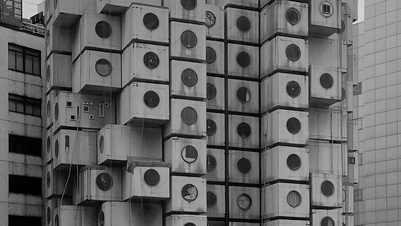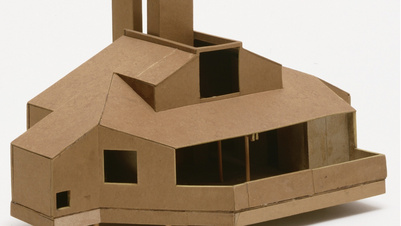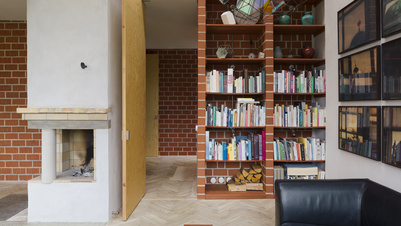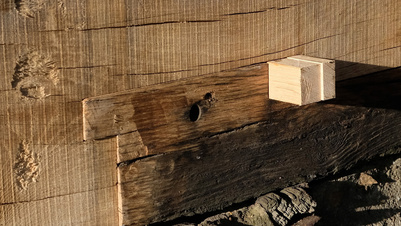From cityswipe to social credits
KADK
Danneskiold-Samsøes Allé 53
1435 København K
I efteråret arrangerer KADK en række af debatter der sætter fokus på teknologi i arkitektur og design. Debatterne bringer forskellige meninger og standpunkter sammen, og tager aktuelle spørgsmål op til diskussion.
Debatterne modereres af markante profiler fra Designskolen og Arkitektskolen, som med hver deres vinkel på spørgsmålet har inviteret en række oplægsholdere - forskere, branchefolk, organisationer mm. - til at præsentere deres perspektiv og debattere med publikum.
Tredje debat i rækken bliver modereret af Boris Brorman Jensen, lektor ved Institut for Bygningskunst, By og Landskab. Debatterne er åbne for alle og foregår på engelsk.
From cityswipe to social credits
Shaping the technological city.
The talk raises the question of the role of designers and architects in the development of a pervasive digital infrastructure and offers a critical perspective on our use of technologies.
The panel consists of:
Jeff Risom of Gehl, Partner, Chief Innovation Officer, MSc City Design & Social Sciences.
"What does the technologists’ city look like?
Building cities has moved from an architectural process to largely a technological experiment. Architecture and design has expanded beyond the form and beauty of buildings to shape our everyday physical and social experiences. In this way, technology in cities can play a major role in defining citizenship, changing political power dynamics through catalytic social movements, and understanding human behavior to invite for connections that promote empathy."
Deane Alan Simpson, Professor, D.Sc. (Doctor of Science) (ETH Zürich), Institute of Architecture, Urbanism and Landscape, The Royal Danish Academy of Fine Arts, Schools of Architecture, Design and Conservation.
"Smart City – Post-Political Utopia
While technology (companies) offer a neo-modernist wave of urban techno-rationalization, efficiency, and ‘convenience’ – with obvious and apparent advantages – could it be that the 'smart-city' as it is currently rolled out in settings such as Toronto, Rio or London, represents a critical challenge to the role of the architect/planner; to the ‘right to the city’ of the urban citizen; and to future of the urban realm as a political space?"





